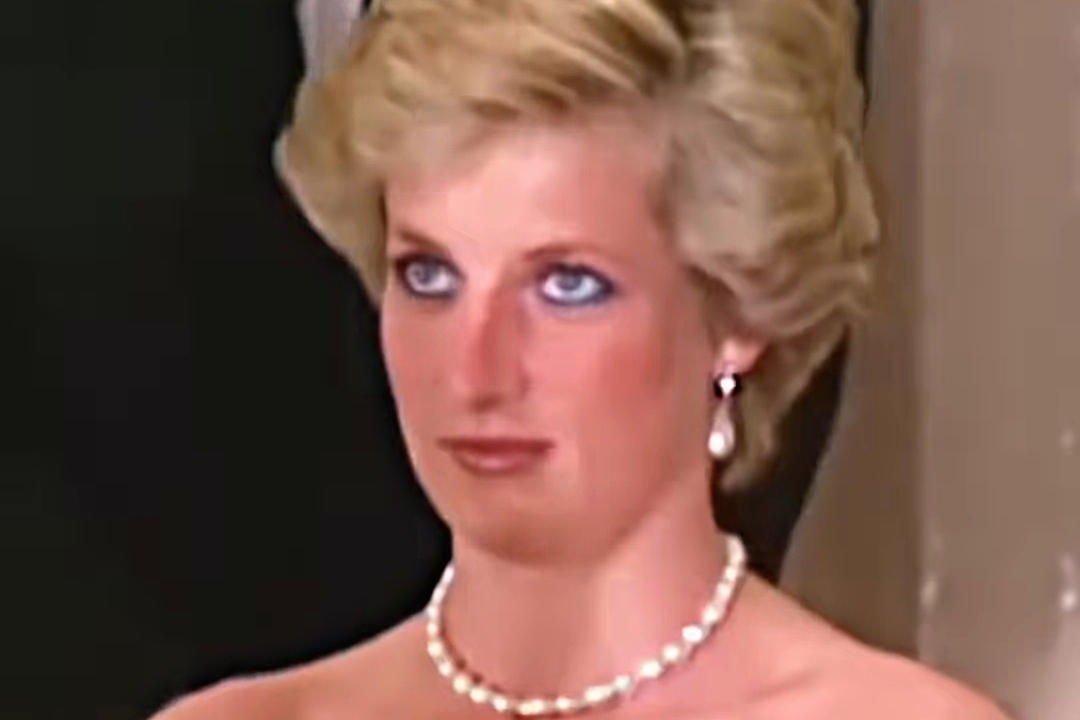Princess Diana, often referred to as the “People’s Princess,” remains one of the most influential and beloved figures in modern history. Her life, though tragically cut short, left an indelible mark on the world. Diana’s journey from a shy kindergarten assistant to a global icon of compassion, grace, and humanitarianism is a story that continues to captivate people worldwide. This article delves into the life, accomplishments, and enduring legacy of Princess Diana, emphasizing why her name resonates so profoundly in hearts across the globe.
Early Life and Path to Royalty
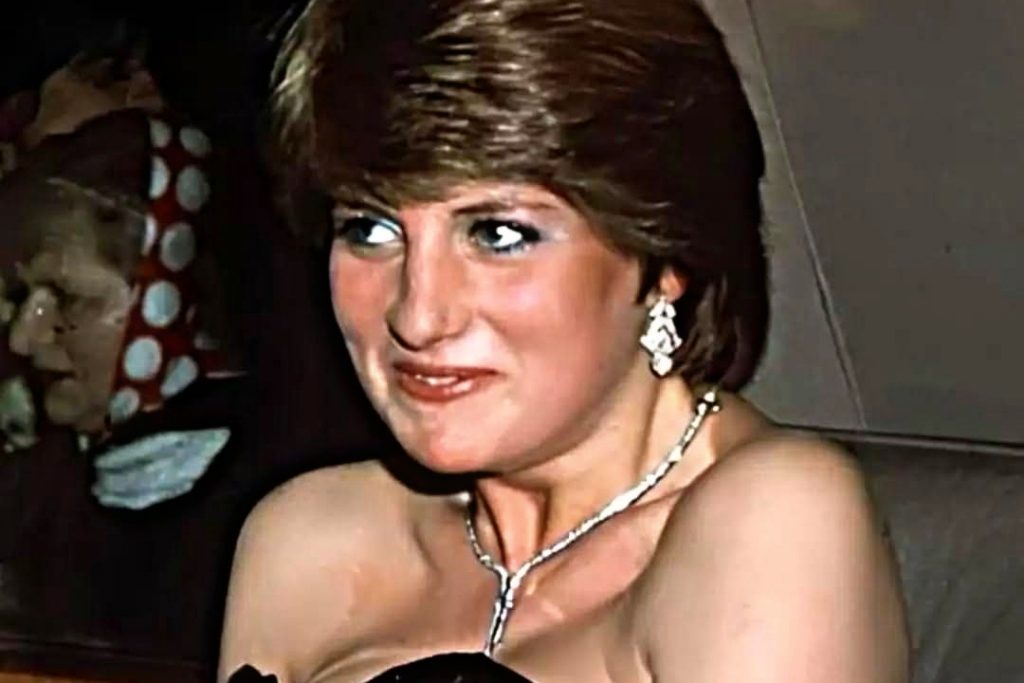
Born Diana Frances Spencer on July 1, 1961, in Sandringham, Norfolk, Princess Diana was the fourth of five children to John Spencer, Viscount Althorp, and Frances Roche. Her aristocratic lineage placed her among British nobility, but Diana’s childhood was marked by turbulence, including her parents’ acrimonious divorce when she was just seven. Despite these challenges, Diana developed a love for ballet, music, and helping others—traits that would define her life later.
Diana’s entry into royal circles came naturally, as her family had long-standing ties with the British monarchy. Her eventual romance with Prince Charles, heir to the British throne, began in 1980, and their courtship was heavily scrutinized by the media. When their engagement was announced in February 1981, Diana quickly captured public imagination with her shy demeanor and captivating beauty.
The Fairy-Tale Wedding
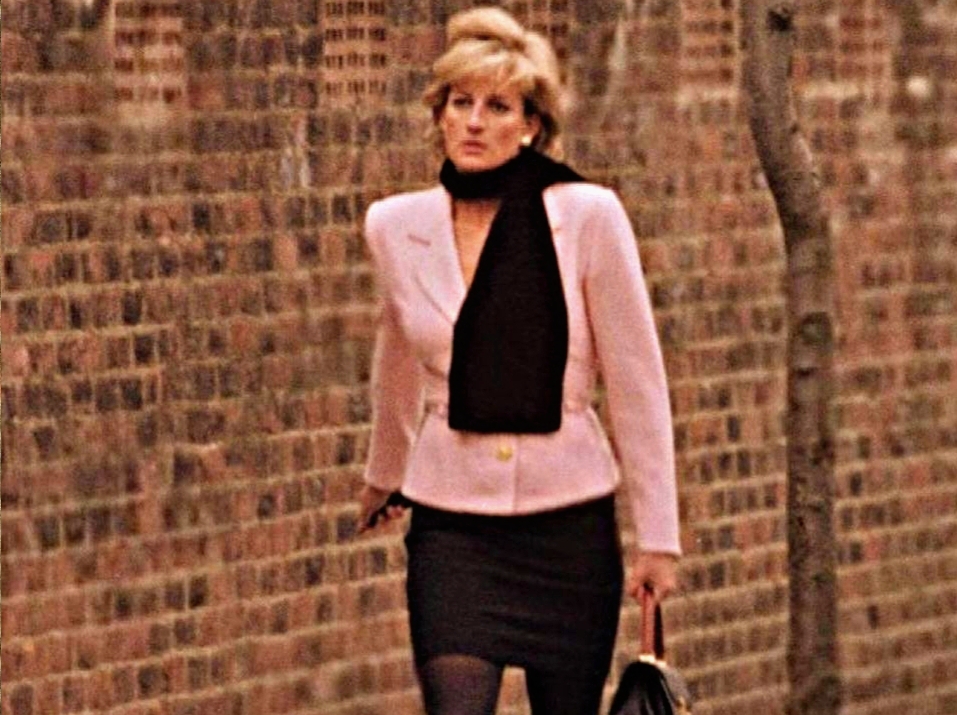
On July 29, 1981, Princess Diana married Prince Charles in a ceremony watched by an estimated global audience of 750 million people. Dubbed the “wedding of the century,” the event was a lavish spectacle held at St. Paul’s Cathedral. Diana’s wedding dress, with its 25-foot train, became an enduring symbol of the fairy-tale romance the world hoped her marriage would be.
However, behind the grandeur lay the challenges of adjusting to royal life. The pressures of public scrutiny and the complexity of her marriage would later take a toll on Diana. Still, during her early years as a royal, Princess Diana quickly endeared herself to the public with her genuine warmth and relatability.
A Mother Like No Other
One of Princess Diana’s most cherished roles was that of a mother. Her devotion to her sons, Prince William and Prince Harry, was evident in her hands-on parenting style, which was a departure from royal norms. Diana was determined to provide her children with as normal a childhood as possible. She often took them to amusement parks, fast-food restaurants, and public places where they could experience life outside the royal bubble.
Princess Diana’s parenting philosophy also emphasized emotional openness and kindness. Her influence on Prince William and Prince Harry is evident today in their approach to public service and mental health advocacy, reflecting the values she instilled in them.
Breaking Royal Traditions
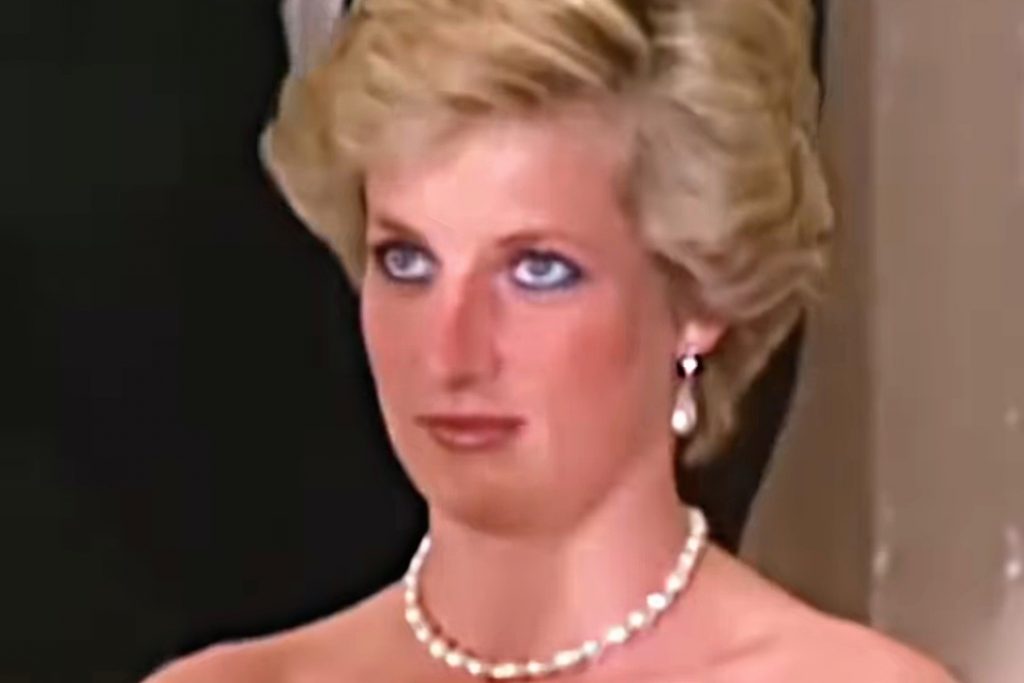
Princess Diana’s approach to royal duties was refreshingly modern and unconventional. Unlike many royals before her, she connected with people on a deeply personal level. Diana wasn’t afraid to break barriers—whether by sitting on hospital beds to comfort AIDS patients, embracing leprosy sufferers, or walking through active minefields to advocate for landmine removal.
Her genuine empathy and willingness to engage with marginalized communities set her apart. Diana didn’t just perform ceremonial duties; she used her platform to shine a light on global issues and inspire change. Her work redefined what it meant to be a royal in the 20th century.
Humanitarian Efforts and Global Impact
Princess Diana’s humanitarian efforts remain one of the most celebrated aspects of her legacy. Throughout her life, she championed numerous causes, including homelessness, mental health, and children’s welfare. However, her work in raising awareness about HIV/AIDS and landmines was particularly groundbreaking.
Advocating for AIDS Awareness
In the 1980s, when misinformation and stigma surrounding HIV/AIDS were rampant, Princess Diana took a bold stand. She visited AIDS patients in hospitals, shook hands with them without gloves, and publicly challenged misconceptions about the disease. Her actions helped humanize those affected and reduce the fear and prejudice they faced.
Campaign Against Landmines
One of Princess Diana’s most iconic moments came in January 1997, when she walked through a cleared minefield in Angola to support the HALO Trust’s campaign to eliminate landmines. Her advocacy brought global attention to the devastating impact of landmines on communities and played a pivotal role in the eventual signing of the Ottawa Treaty banning anti-personnel mines.
Relationships with the Media
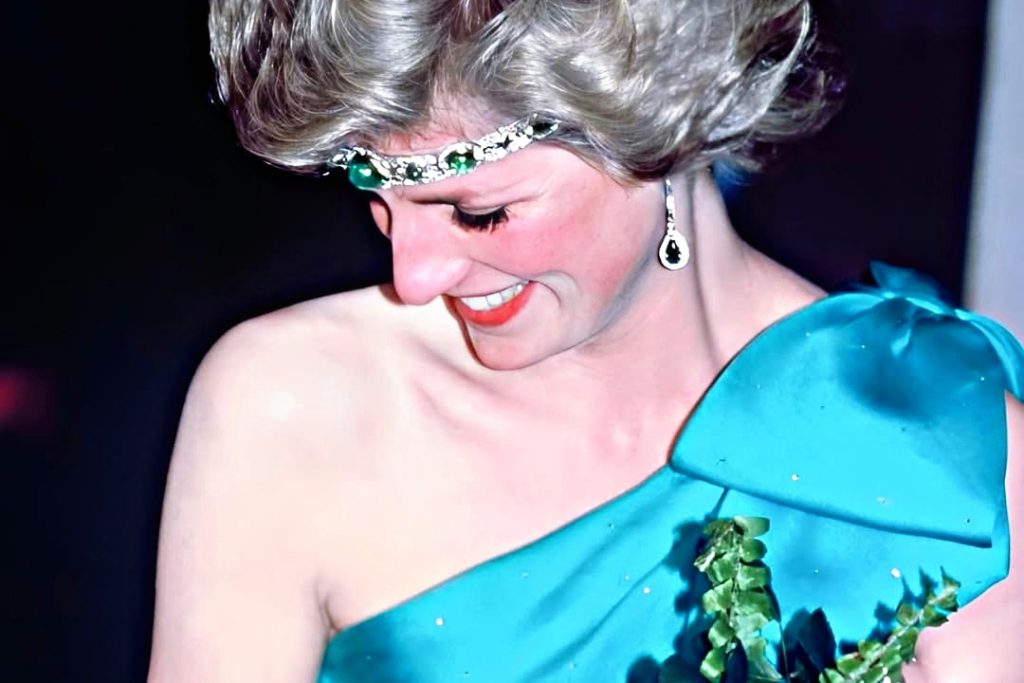
Princess Diana’s relationship with the media was a double-edged sword. From the moment her engagement to Prince Charles was announced, Diana became the most photographed woman in the world. The media fascination with her life brought her immense visibility, enabling her to amplify causes close to her heart. However, this relentless attention also intruded deeply into her personal life.
Diana often spoke about the challenges of living under constant media scrutiny. In her 1995 BBC Panorama interview, she candidly addressed the toll that paparazzi and public interest took on her mental health and marriage. Despite these challenges, Diana remained poised and dignified, using the media’s obsession with her as a tool to highlight important humanitarian issues.
Tragically, it was this same media frenzy that contributed to her untimely death. The paparazzi’s pursuit of Diana on the night of August 31, 1997, has been widely criticized as a factor in the fatal car crash. Her death led to global discussions about media ethics and privacy, prompting some reforms in how celebrities and public figures are treated.
The Global Outpouring of Grief
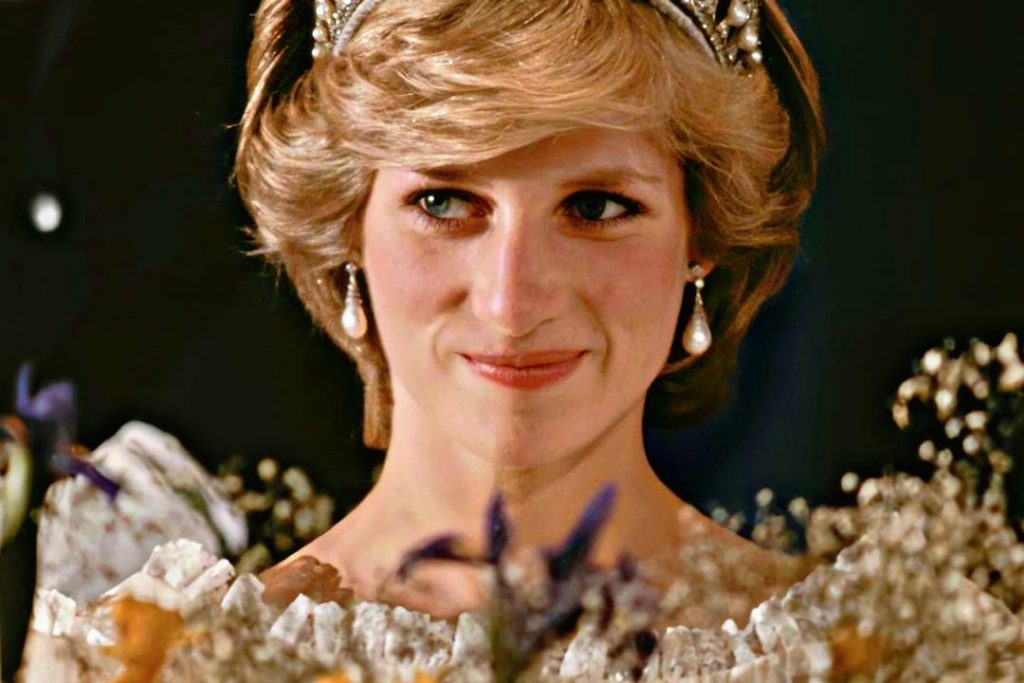
The reaction to Princess Diana’s death was unlike anything the world had seen before. Millions of people worldwide expressed their sorrow, leaving flowers, letters, and tributes outside Kensington Palace and Buckingham Palace. The depth of grief demonstrated the profound connection people felt with Diana, who they saw as one of their own.
The funeral was a deeply emotional event, marked by personal touches that reflected Diana’s unique role as a mother and humanitarian. Her brother, Earl Spencer, delivered a moving eulogy that criticized the media and pledged to protect Diana’s legacy. Prince William and Prince Harry, then just 15 and 12 years old, walked behind their mother’s coffin, a moment that captured the heartbreak of the occasion.
The “People’s Princess”
Diana’s relatability earned her the nickname “People’s Princess.” She was often seen as a bridge between the monarchy and the public, embodying humility and approachability. Unlike many royals, Diana didn’t shy away from showing vulnerability, whether it was openly discussing her struggles with mental health or admitting to the challenges in her marriage.
Her candid interviews, particularly the famous 1995 BBC Panorama interview, where she spoke about her personal challenges and her commitment to public service, revealed a side of royalty that was rarely seen. Despite the controversies surrounding her revelations, the public’s admiration for Diana only grew.
A Tragic End
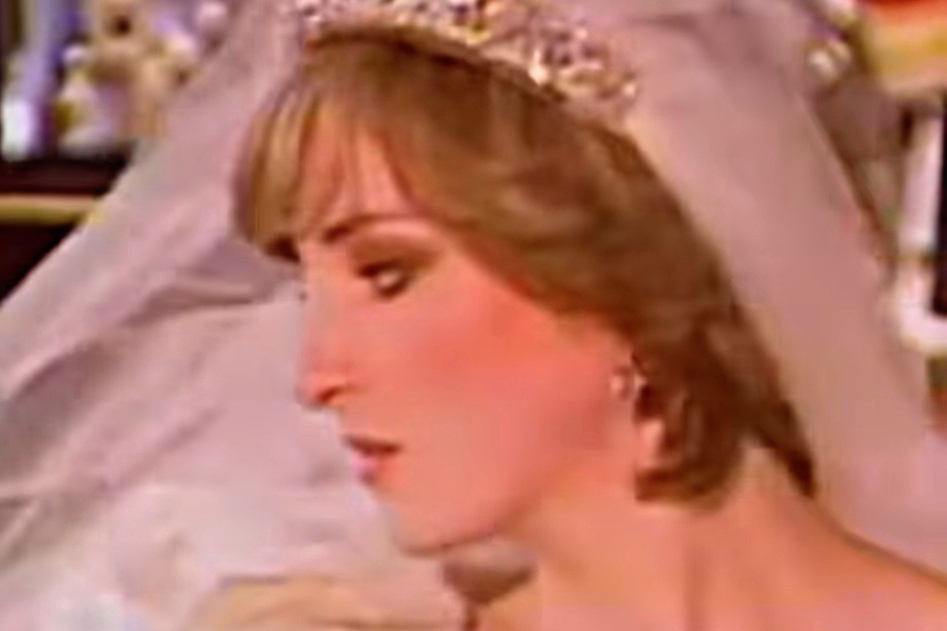
On August 31, 1997, the world was shocked by the news of Princess Diana’s tragic death in a car accident in Paris. She was just 36 years old. The outpouring of grief that followed was unprecedented, with millions mourning her loss and paying tribute to her life.
The funeral, held on September 6, 1997, at Westminster Abbey, was attended by dignitaries from around the world and watched by billions. Elton John’s emotional performance of “Candle in the Wind,” rewritten in Diana’s honor, became an anthem for her memory.
The Enduring Legacy of Princess Diana
More than two decades after her death, Princess Diana’s legacy remains as vibrant as ever. Her humanitarian work continues to inspire new generations, and her sons, Prince William and Prince Harry, carry forward her mission through their charitable initiatives.
The Diana Award, established in her memory, recognizes young people who contribute to positive social change. Additionally, documentaries, films, and books about her life ensure that the world never forgets her contributions.
Princess Diana’s Influence on Modern Royals
Princess Diana’s influence is evident in the modern monarchy. Her emphasis on emotional openness, compassion, and connecting with ordinary people has shaped how the younger generation of royals engages with the public. Prince William and Prince Harry’s initiatives on mental health and their openness about personal struggles reflect Diana’s impact.
Moreover, Princess Diana’s fashion sense and public persona have set a benchmark for elegance and relatability, influencing figures like Kate Middleton and Meghan Markle.
A Legacy of Love
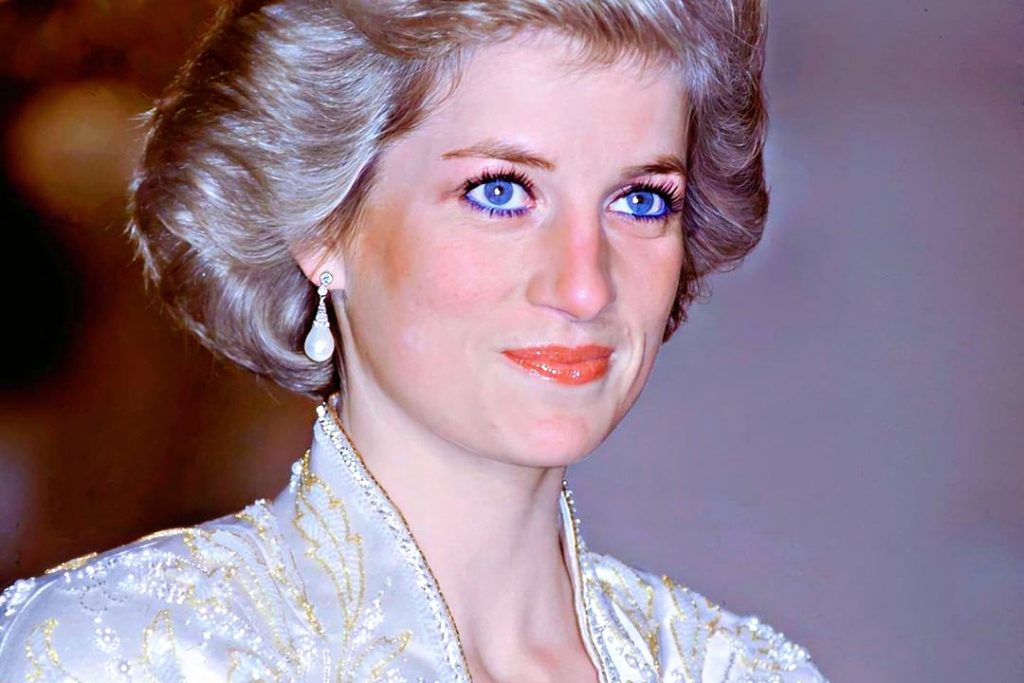
At the heart of Princess Diana’s legacy is a message of love—love for her children, love for humanity, and love for making the world a better place. Her life may have been marked by challenges, but her resilience and compassion shone through.
Today, her sons, Prince William and Prince Harry, continue her work in different ways. Prince William focuses on environmental sustainability and mental health through initiatives like the Earthshot Prize and Heads Together. Prince Harry’s dedication to veterans, mental health, and global equality echoes Diana’s commitment to uplifting marginalized communities.
As the world remembers Princess Diana, it is clear that her impact goes far beyond her title or her royal status. She remains a symbol of hope, kindness, and the enduring power of compassion. In a world often divided by differences, Princess Diana’s life reminds us of the strength that comes from unity, empathy, and the courage to care.
Conclusion
Princess Diana’s life was a complex tapestry of triumphs, challenges, and immeasurable impact. Though her time was brief, the legacy she left behind is timeless. Princess Diana was more than just a royal figure; she was a symbol of compassion, resilience, and humanity. Her story continues to inspire millions, reminding the world of the power of kindness and the enduring influence of a life well-lived.
Princess Diana remains a beacon of hope and an enduring icon—a true “People’s Princess” whose memory lives on in the hearts of people worldwide.

